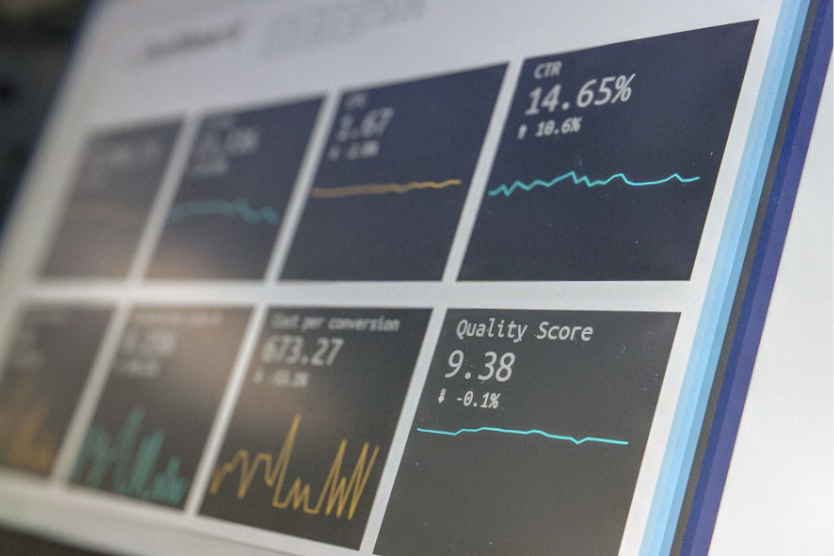
A team at the University of Applied Sciences (THM) in Freidberg, Hesse, is exploring how the process of degradation in batteries can be slowed down.
© Stephen Dawson, Unsplash
A typical lithium-ion battery used in electric vehicles loses about 20 percent of its capacity after eight years and must be replaced. This can cost between EUR 5,000 and 12,000 depending on the type of vehicle – a considerable investment and inconvenience, not to mention the cost to the environment.
A team at the University of Applied Sciences (THM) in Freiberg, Hessen, is therefore exploring how the process of degradation in batteries can be slowed down. Performance reduction has a number of causes: as well as the calendar age of the battery, the number of rounds of charging and discharging is a major factor, so is the ambient temperature, the operating voltage and the strength of the charging and discharging current.
The team, which is led by Prof. Alexander Kuznietsov, will develop a comprehensive diagnostic system that will analyse the current state of the battery and record the currents, voltages and temperatures of individual cells. The physical components of the charging system will also be investigated.
This data will then be used to find an “optimal charging and discharging strategy,” says Kuznietsov in a press release. “The strategy is then stored in the charger and implemented in discharge mode by optimal connection of individual cells. In this way, we can extend the service life of the battery and improve the efficiency of the overall system through a flexible usage strategy adapted to the condition of the battery," he explains.
It is hoped the results will boost consumer confidence in e-vehicles. Beyond their use in automobiles, the algorithms developed by the team could also be applied to use cases in other industries, for example, in optimising storage systems for renewable energies.
The research project, which will run for two years, has been funded with EUR 550,000, the majority of which has come from the Hessian Ministry of Economics as part of the "Promotion of Electromobility" programme.


